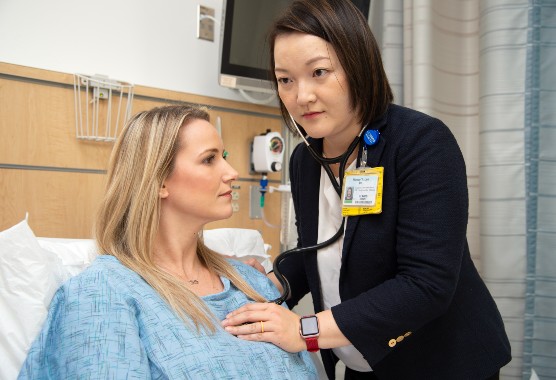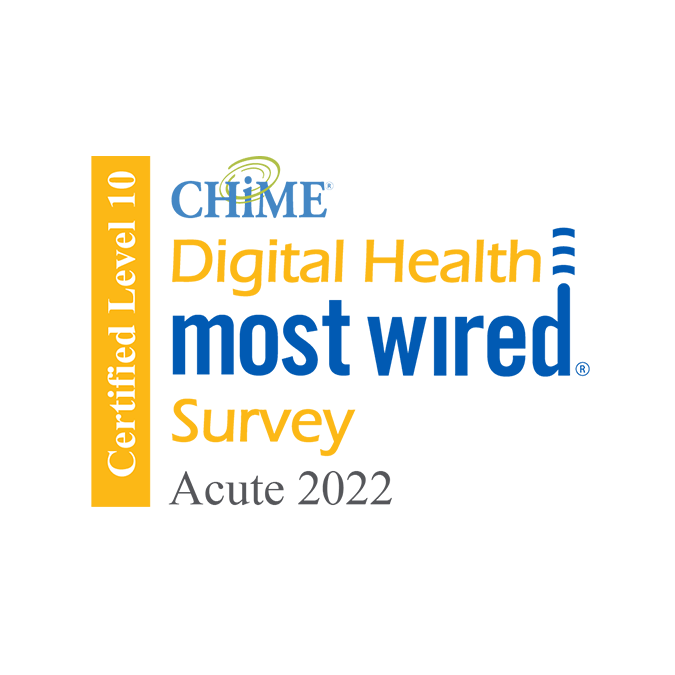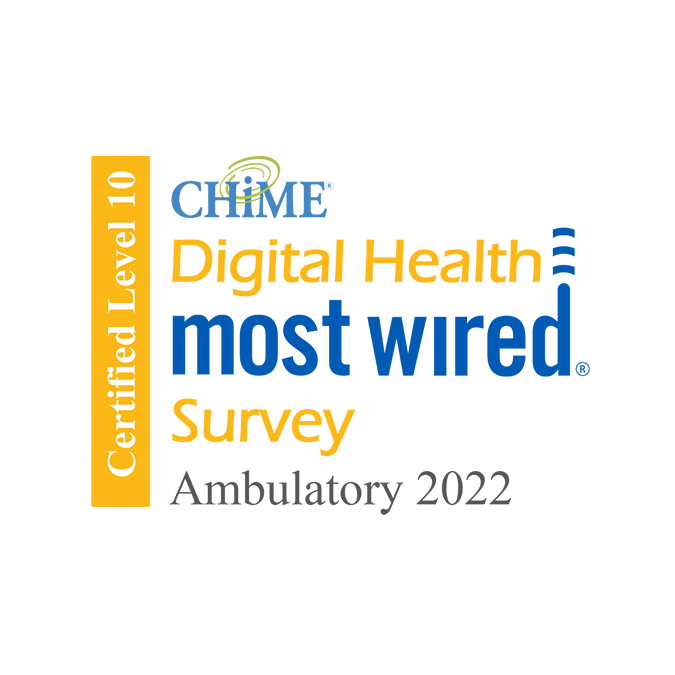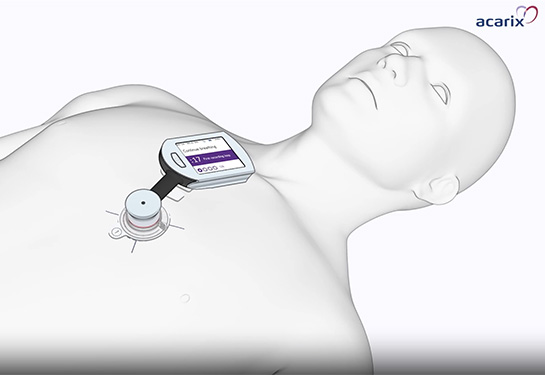Angina Pectoris
Angina pectoris is a condition that has similar symptoms to more serious heart problems. At UC Davis Health, we know the difference and how to help you manage it.
Medically reviewed by Bob Kiaii, M.D. on Dec. 12, 2023.

Expertise in Angina Pectoris
Angina pectoris (stable angina) and unstable angina are the two main types of angina. Angina pectoris happens under different circumstances than unstable angina. Our experts can diagnosis and treat angina in our Division of Cardiovascular Medicine.
What Is Angina Pectoris?
Angina pectoris (stable angina) is one of two main types of angina. Angina is chest pain or discomfort caused by coronary artery disease.
When you have coronary artery disease, plaque buildup has narrowed or blocked one or more of your heart’s arteries (atherosclerosis). Plaque acts like a roadblock within your arteries. It slows down or stops the flow of oxygen-rich blood to your heart, causing your symptoms.
With angina pectoris, chest discomfort occurs at predictable times — when your heart needs more blood than usual. This increased need can happen during physical activity or when you’re under stress. But certain medications and rest can help manage symptoms.
Unstable angina is the other main type of angina. It occurs when you experience symptoms such as chest pain at rest. Unstable angina can lead to a blood clot that completely blocks your arteries.
Unlike stable angina, you can’t predict when it will happen. Because it can lead to a heart attack, unstable angina is a medical emergency.
Angina Symptoms
Angina feels like pressure, fullness, tightness or pain in your chest. Some say it feels like gas pain or indigestion. You may also experience pain in your arm, back, jaw or neck.
Women can have different angina symptoms than men. Women also may experience nausea, vomiting, shortness of breath, and throat and stomach pain.
How to Tell Angina Pectoris From Unstable Angina
Angina pectoris happens under different circumstances than unstable angina. You may have angina pectoris if you experience symptoms that:
- Feel similar each time you have them
- Get better with rest or nitroglycerin, a heart medicine that treats chest pain
- Happen at predictable times
- Happen when your heart needs more blood, such as during exercise
- Last for 5 minutes or less
Emergency Symptoms
Unstable angina is a medical emergency. Seek emergency care if you experience angina symptoms that:
- Occur with increasing frequency, severity or without an obvious trigger
- Do not respond to rest or nitroglycerin
- Last longer than 15 minutes
Angina Pectoris Triggers
You may experience angina pectoris after these triggers:
Big Meals
Your body releases hormones after you eat. These hormones can increase your heart rate and blood pressure, putting more stress on your heart.
High or Low Temperatures
Your heart has to work hard to keep you warm in cold weather. Hot weather can also stress your heart, especially if you are older than 50, overweight or being treated for a heart condition.
Smoking or Drinking Too Much Alcohol
Research shows that smoking increases your heart rate and blood pressure. It is also a risk factor for coronary artery disease. Excessive alcohol use may also lead to high blood pressure.
Stress
Your heart works harder when it’s under emotional or physical stress.
Diagnosing Angina Pectoris
Your provider will perform a physical exam and use a stethoscope to listen to your heart. They will also review your personal risk factors and medical history.
If your provider suspects you have angina pectoris, they may perform other tests to confirm or rule it out. At UC Davis Health, we offer the full range of advanced heart tests so you can get needed care fast. These tests may include:
- Blood tests
- Imaging tests, such as chest X-rays, echocardiograms (heart ultrasounds), CT scans, coronary CT angiography or cardiac MRIs
- Electrocardiogram, or EKG (measures your heart’s electrical activity)
- Exercise stress test (with or without imaging)
Stable Angina Treatments at UC Davis Health
Lifestyle changes and medication are often all you need to manage angina pectoris. Our skilled heart team works together to create a personalized treatment plan that’s right for you.
In our Division of Cardiovascular Medicine, you receive care tailored to your health, symptoms and preferences. Your angina pectoris treatment may involve:
Lifestyle Changes
Certain lifestyle changes can reduce angina episodes and prevent coronary artery disease from worsening. These changes include eating healthier, exercising regularly, managing stress and quitting smoking. Learn more about managing and preventing heart disease.
Medications
Several medications effectively manage stable angina. Nitroglycerin enables your heart to not work as hard to meet its needs. Other heart medications, such as beta blockers and calcium channel blockers, help prevent angina. Our heart specialists may also prescribe medications that lower blood pressure and reduce your risk for heart attack and stroke.
Angioplasty and Stenting
During this minimally invasive procedure, interventional cardiologists access your heart using a catheter (long, thin tube) threaded through an artery. They then open your blocked artery by inflating a balloon. They use a stent (mesh tube) to keep it open. Angioplasty and stenting is also known as percutaneous coronary intervention (PCI).
Coronary Artery Bypass Graft Surgery (CABG)
During this procedure, heart surgeons use a healthy artery or vein (graft) to reroute blood flow around a blockage. U.S. News & World Report designated our CABG program as high performing. Our program offers minimally invasive robotic-assisted CABG. Benefits of this robotic surgery include shorter hospital stays, less complications, and less pain and scarring than traditional CABG surgery.
Preventing Angina Pectoris
You can prevent angina pectoris by making heart-healthy lifestyle choices. Join one of our heart health classes to learn how. You can also follow these tips:
Eat Healthy
Add more whole grains, fruits, vegetables, healthy fats and lean proteins to your diet.
Get Active
Regular exercise helps keep your heart healthy. Exercise is also a great way to reduce stress. Aim for at least 2 hours and 30 minutes total each week.
Maintain a Healthy Weight
Being overweight is a risk factor for coronary artery disease. See how we help you lose weight and keep it off in our registered dietitian-led adult weight management programs.
Manage Your Health
Get treatment for medical conditions that affect your heart health, including diabetes, high blood pressure and high cholesterol. Follow your provider’s directions when taking medications.
Request an Appointment
As Sacramento's No. 1 hospital, you'll benefit from unique advantages in primary care and specialty care. This includes prevention, diagnosis and treatment options from experts in 150 specialties.
Referring Physicians
To refer a patient, you can submit an electronic referral form or call.
800-4-UCDAVIS
Patients
For questions and appointment information
Consumer Resource Center
800-2-UCDAVIS

Ranked among the nation’s best hospitals
A U.S. News & World Report best hospital in cancer, cardiology, heart & vascular surgery, diabetes & endocrinology, ENT, geriatrics, neurology & neurosurgery, obstetrics & gynecology, and pulmonology & lung surgery.

Ranked among the nation’s best children’s hospitals
A U.S. News & World Report best children’s hospital in diabetes & endocrinology, nephrology, and orthopedics*. (*Together with Shriners Children’s)

Ranked Sacramento’s #1 hospital
Ranked Sacramento’s #1 hospital by U.S. News, and high-performing in COPD, colon cancer surgery, diabetes, heart attack, heart failure, hip fracture, hip replacement, kidney failure, leukemia, lymphoma & myeloma, lung cancer surgery, ovarian cancer surgery, pneumonia, prostate cancer surgery, stroke, TAVR, uterine cancer surgery, gastroenterology & GI surgery, and orthopedics.

The nation’s highest nursing honor
UC Davis Medical Center has received Magnet® recognition, the nation’s highest honor for nursing excellence.

“Most Wired” for acute care
UC Davis Health has been recognized as a level 10 out of 10 in the Digital Health “Most Wired” program from the College of Healthcare Information Management Executives (CHIME). The honor recognizes excellence in using technology to improve the delivery of care.

“Most Wired” for ambulatory care
UC Davis Health has been recognized as a level 10 out of 10 in the Digital Health “Most Wired” program from the College of Healthcare Information Management Executives (CHIME). The honor recognizes excellence in using technology to improve the delivery of care.

World-class cancer care
One of ~56 U.S. cancer centers designated “comprehensive” by the National Cancer Institute.

A leader in health care equality
For the 11th consecutive year, UC Davis Medical Center has been recognized as a “Leader in LGBTQ+ Healthcare Equality.”

